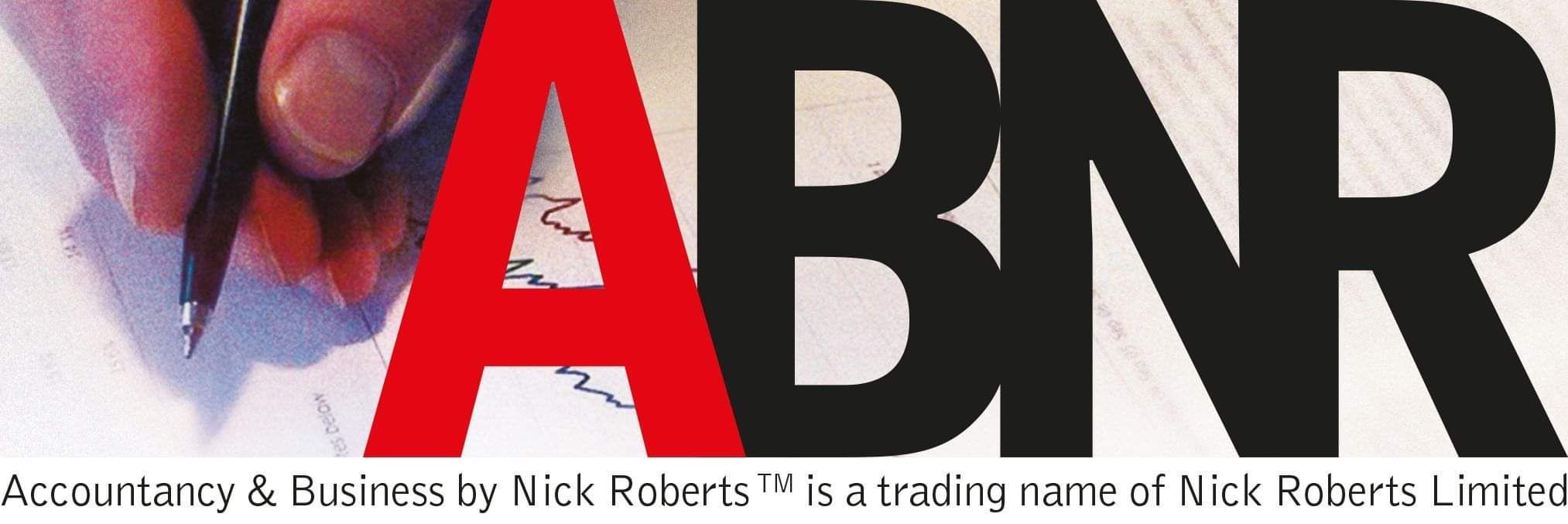Whilst statistically speaking the chances of being selected for an audit are slim, it nevertheless features way up the rankings as being one of life’s most stressful and unpleasant experiences, and as such, like all nasty things in life, best avoided at all costs!
These are the most common ways you can be selected for an audit and what you can do about it (or not as the case may be!):
Using a dodgy accountant
Use an honest accountant, one who will help you save tax but not tell you what you want to hear – it’s better to know the risks and know what does and doesn’t work. If you’re not sure who to use ask your local Chamber of Commerce or the local official Business Mentors NZ branch who will both know who can and cannot be trusted. Otherwise the IRD will assume you’re dodgy too!
Someone else’s records are checked (such as your bank that pays you interest) and matched to your records
Make sure you declare all income received, no matter how small. It’s not just banks – the IRD went through the payment records of one of my bigger clients and found 8 of their suppliers who weren’t declaring their income! The IRD also go to wholesalers and see who’s buying in cash – this catches those who think they are being clever by buying the materials for cash jobs for cash!
Information received in another audit which suggests your records should be checked
Very common this. A client of one of my former business partners (who had no idea what was going on) who was picked up this way had to pay the IRD $2.5m! The best defence here is declare all your income but for anyone who is not a client and wants to live dangerously make SURE no one, and I mean, NO ONE, knows what you’re up to!
Your compliance record (whether you have kept to the tax laws in the past)
Get yourself a decent accountant who has a minimum of 25 years’ experience in tax in public practice and follow his advice and make sure you file ALL your returns on time, whether GST, RWT or Income Tax.
Your payment record (whether you have paid your taxes on time in the past)
Not paying your taxes on time is not only the most expensive form of finance there is but also a sure fire way of attracting the IRD’s attention.
Selecting a particular industry
Not much you can do if you’re in that industry other than to make sure you are squeaky clean!
Examining a particular issue or problem that affects a group of taxpayers
Again, not much you can do other than you make sure you get the best tax advice and have taken all possible care with your tax affairs.
Local knowledge, perhaps arising from media reports or unexplained wealth
I had a client in the UK who was photographed with Princess Diana walking into their tennis club together, purely because he gave her his parking space. Next minute his photo was splashed in the papers as being her new millionaire mystery man. As his reported income was very, very low he was a worried man for quite some while! The best defence is to a keep a low profile, unlike the accountant on the news the other day who suddenly bought a $2.5m house and had a huge hydro-slide installed for his kids!
Information the IRD get from other people about you
As already mentioned, the best defence here is declare all your income and let no one know about your tax or finances. By no-one, I mean bitter ex’s, former employees or business partners, someone you’ve upset or slighted, the potential list is endless. Be nice to everyone you meet, your employees, your customers and your suppliers! Even if you’re not fiddling your taxes an audit is still expensive and stressful and they’re bound to find something wrong, it’s inevitable.
The IRD may choose you randomly.
Trust to luck!
Suspiciously low income
If your income really is low be ready to prove it with excellent records and evidence of how you live so frugally.
Round numbers
Don’t be lazy, keep good records and don’t estimate or make things up e.g. a $5,000 deduction for repairs and maintenance for your house if you’re calculating your use of home claim as I saw recently.
Excessive entertainment deductions
OK, yes, we need to define excessive but don’t, unlike a client of mine who worked in London, claim for his regular Saturday curry night with his wife in his home town 50 miles away! Keep a record of who you were entertaining and why.
Overdrawn advance accounts
Make sure you don’t go overdrawn but if it’s unavoidable charge yourself interest at the IRD official rate using a proper method of calculation.
Incomplete or sloppy returns
You can guess this one yourself!
If you’re worried about being subject to an audit or your records are not up to scratch, seek help before it's too late!


